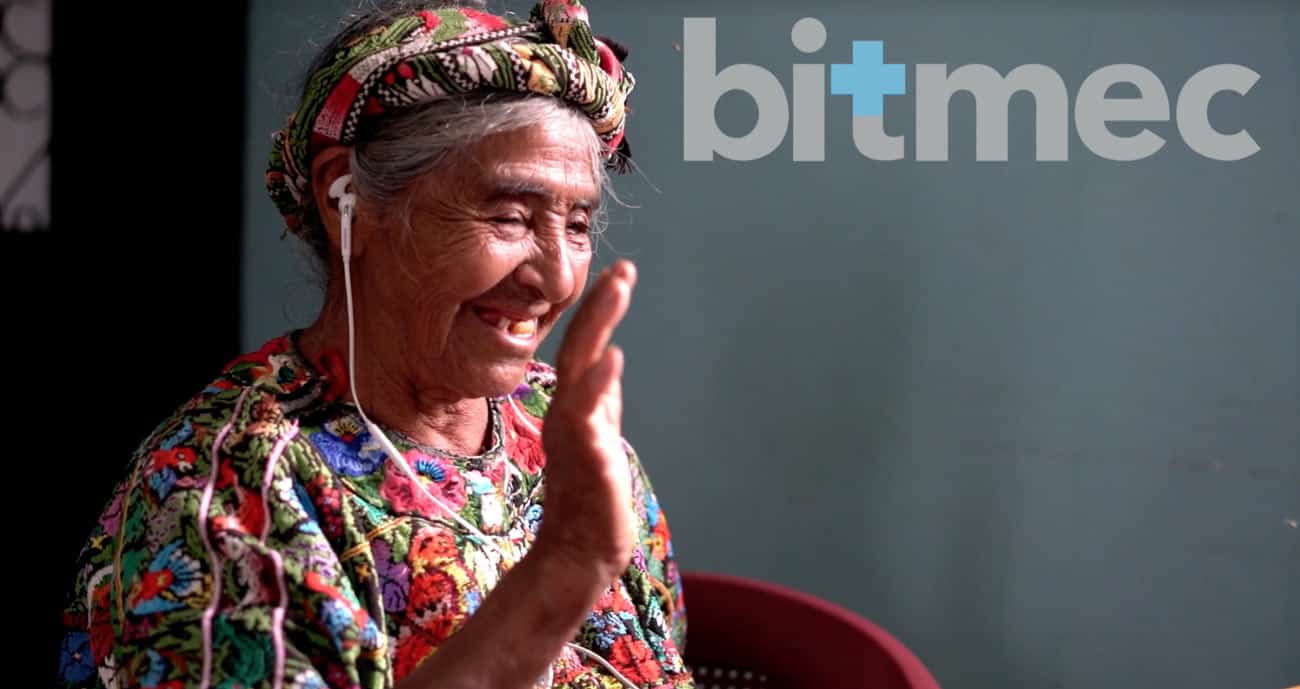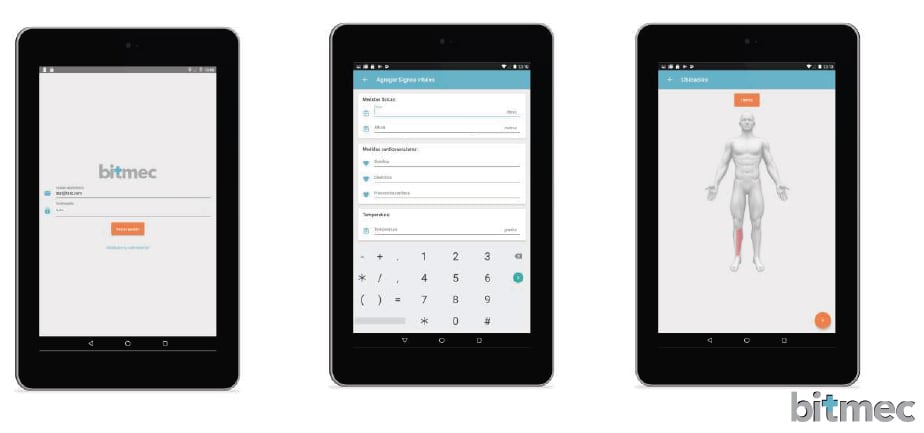
Por Jacob Atkins
October 18, 2019
Contxto – Committed to providing health coverage in rural areas, Bitmec from Guatemala recently expanded to Chile, according to a press release.
Functioning as a digital health system, the Guatemalan healthtech provides quality primary care to underserved communities in geographically isolated areas. Everyone from patients, nurses and doctors can use the modern healthcare platform to provide low-cost health solutions to those living in rural Guatemala and Chile.
“It is a platform that serves as a link and tool for doctors, who may live at a distance, and health promoters or nursing technicians, who live within the community,” said Álvaro Rivera, co-founder and medical director of Bitmec.
“This way, medical professionals can communicate and solve problems, doubts and provide health consultations.”

Regarding its Chilean expansion, Bitmec launched in the Andean country following its involvement with the 22nd generation of Start-Up Chile.
For commercial operations, Bitmec aspires to sell the solution to companies working in rural areas. In Chile, these include hydroelectric, mining, forestry and fishing sectors, all of which tend to be far away from civilization. Connecting the service to public health insurance systems is another goal for the company.
Since healthcare goes to the patient, this model is particularly effective for those who can’t financially access medical care in urban areas.
Operable on Android and cloud-based, patients can receive comprehensive medical care through the platform. Essentially, both remote doctors and local nurses (promoters) join forces to provide quality health service to rural patients.
“The promoter makes a record of the patient within the platform,” said Rivera. “Then they carry out a previous evaluation and that information helps the doctor perform an official evaluation. Finally, the call is executed and the patient is treated through the platform.”
Specifically, health promotors are those who live in the rural community and possess basic medical training. This means that they are either nurses or nursing assistants.
Ultimately, the promotor is the first point of contact between the patient and the doctors. Initially, they upload patients’ medical history to the platform. Other responsibilities include recording vital signs, filling out symptom reports, in addition to serving as the liaison between the rural community and medical professionals.
Secondly, doctors in the Bitmec network are typically general physicians, in addition to pediatricians. Working from a remote location, they periodically receive medical cases to review. With this, they analyze a patient’s medical history, vital signs and symptoms.
In the end, the doctor performs a video consultation with the promotor and patient. During this time, they can generate prescriptions, prescribe lab tests, among other solutions.
Last but not least are the patients who reside in rural communities with limited access to medical care. For value proposition, Bitmec ensures that transportation costs don’t prevent the patient from receiving the medical attention they deserve.
Launched in 2018 with about US$372,000 of bootstrapped funds and capital from Gril Ventures as well as angel investors, each of the four co-founders brings unique skills to the table.
For example, CEO David Barac has worked with several startups while Jose Ordóñez worked in the private banking industry. Moreover, Alvaro Rivera has experience in the public health sector while Lorena Chacón has a communication background in rural areas.
In Guatemala, the healthtech is pursuing commercial growth through various pilot projects with supermarkets, hydroelectric companies, among others. As Bitmec pursues commercial growth and capital investments, the company aspires to scale to other emerging markets throughout the region.
Moving forward, it hopes to plan a second investment round in the near future.
-JA

Por Stiven Cartagena
January 12, 2026